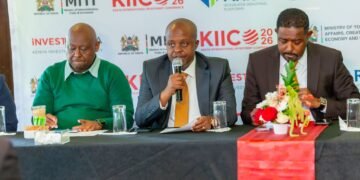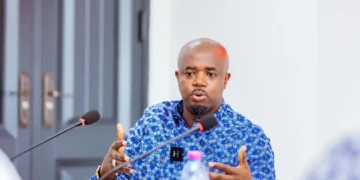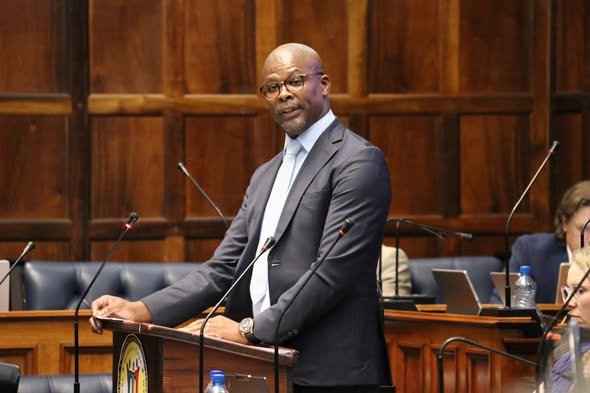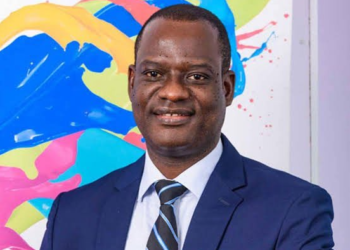The Western Cape Mobility Department closed its Mobility Month initiatives, with a high-level dialogue that delivered a clear message: solving the province’s traffic congestion requires a united front from business, government, academia, and the public.
Held at the V&A Waterfront, the congestion dialogue served as a capstone to a month of activities, bringing together key stakeholders to forge practical, collaborative solutions to improve mobility and ease the economic and social strain of gridlock.
Western Cape Mobility Minister Isaac Sileku set the tone, framing congestion as one of the province’s most pressing challenges. “Congestion is not simply about traffic volumes, it is about how our cities are designed, the choices we make, and the alternatives available to us,” Minister Sileku stated. He emphasised that progress hinges on “shared responsibility and innovative partnerships.”
The panel discussion highlighted the multifaceted costs of congestion, from lost productivity to a reduced quality of life, and shifted the focus to actionable interventions.
Neil Slingers, Director of Transport Planning and Network Management at the City of Cape Town, stated that building more roads is not the solution. “Congestion cannot be solved by government alone,” Slingers said. “We know we cannot build our way out of congestion, so we must examine what is working and what is not. This means making better use of existing infrastructure, identifying inefficiencies, adopting smart mobility solutions, and encouraging flexible work arrangements.”
Echoing the need for evidence-based strategies, Dr. Obiora Nnene of the University of Cape Town stressed the importance of understanding commuter behaviour. “Understanding why people travel the way they do, and the barriers they face to changing those patterns, is critical,” Dr. Nnene said. “Evidence-based policies and pilot programmes can guide both government and employers toward sustainable mobility solutions.”
The business sector was also highlighted as a critical agent of change. Vaughan Pierce, Head of Sustainability at Pick ‘n Pay, shared how employers can make a measurable difference by rethinking work models.
READ ALSO: GHANA’S ENERGY COMMISSION VOWS TO ENFORCE LOCAL CONTENT
“Even small shifts, such as staggered start times or incentivising public transport use, can have a big collective impact,” Pierce noted. “By adapting work models in this way, employers can make a measurable difference in employees’ daily lives.”
Throughout October, the department showcased Mobility Month by rolling out impactful initiatives designed to enhance transport and road safety. Highlights included launching an Operator Helpdesk on Wheels, delivering services directly to public transport operators where they operate. Accessibility improvements featured enhanced signage for visually impaired road users and dedicated support for hearing-impaired learner drivers.
To foster a culture of road safety from an early age, Junior Traffic Training Centres were established to educate children. The department also provided free vehicle safety checks covering public transport, scholar transport, and private motorists, ensuring safer journeys for all. Additionally, congestion-alleviation initiatives were launched in Stellenbosch to improve traffic flow and reduce delays.
Minister Sileku also pointed to ongoing flagship projects like the Jobseeker Travel Voucher Programme, which provides free bus travel to connect unemployed residents with work, and the Non-Motorised Transport Demonstration Town in Hermanus, showcasing safe walking and cycling routes.
In his closing remarks, Minister Sileku commended the partners for their engagement and struck an optimistic note for the future.
“The partnerships formed this month prove that progress is possible,” he concluded. “We are building a mobility system that connects opportunity, reduces inequality, and supports growth. The Western Cape can lead the way, not by being defined by congestion, but by how we manage this issue.”






























































